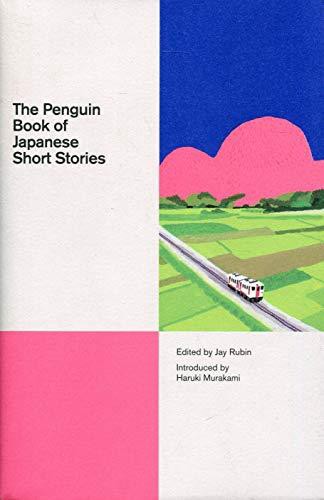In Praise of the Accessible: Penguin’s Collection of Japanese Short Stories
A conversation with a colleague who is deep into Japanese history started me thinking: what have I read recently from Japan? Or by Japanese writers? There was a stretch when many I know were referencing Haruki Murikami, but beyond his work? While I may be up on some popular culture, my knowledge of Japanese fiction and literature is minuscule. The discussion called for action, so I picked up a well-reviewed book: The Penguin Book of Japanese Short Stories. Translated by Jay Rubin, a respected Japanologist, the book is accessible and fascinating. It is a very good read.
The book is organized by themes, but it is neither chronological nor scrupulous in its categorization. There’s great variety in topic, style and intent. Some of the 34 pieces are quite short and others might be considered novellas. The collection strikes a respectable balance between encouragement and awe. Why awe? It is humbling to read so much absolutely brilliant writing from a culture of which I know so little. It’s a compelling introduction that calls for more trips to the library.
There’s too much in the book to cover here, but I do want to call out a few items that stood out. Betsukayu Minoru‘s “Factory Town” is very funny with a tone reminiscent of classic Russian satire. “Patriotism” by Mishima Yukio gave me goosebumps. He was a complex artist, a nationalist with deep sympathies to a romantic tradition. The story celebrates ritual suicide, but it’s impossible to read it as a humanist and not have it resonate with sorrow. Seirai Yuichi’s “Insects” is haunting, too. With a background of the atomic bombing of Nagasaki, it humanizes loss and love.
Reading is a safe yet challenging way to de-center one’s viewpoint – be it philosophical, geographical, historical or cultural. The Penguin Book of Japanese Short Stories took me on a trip without leaving the house. I encourage you to consider going on a similar journey.
David Potash
